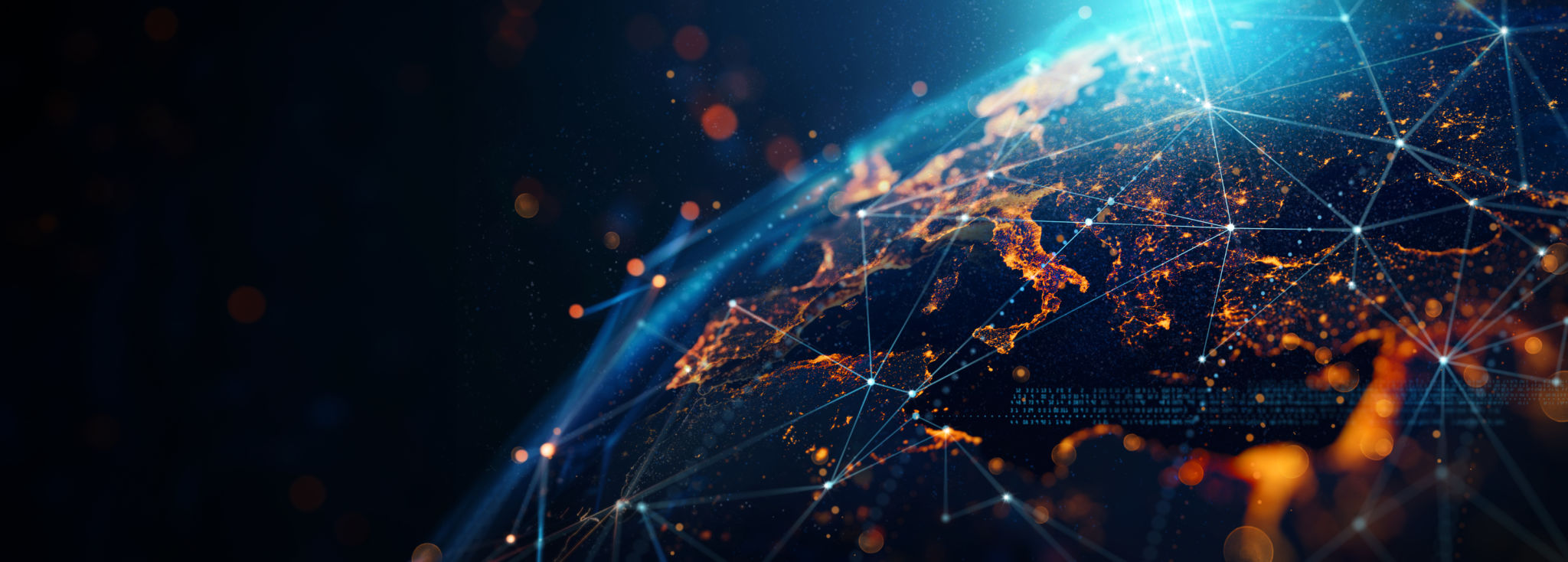A Comprehensive Guide to Navigating Brazil's Foreign Trade Regulations
Understanding Brazil's Trade Environment
Brazil is one of the largest economies in the world and a major player in international trade. Its foreign trade regulations, however, can be complex and challenging for businesses looking to enter this dynamic market. Understanding these regulations is crucial for avoiding legal pitfalls and ensuring smooth operations. This guide aims to provide a comprehensive overview of Brazil's foreign trade regulations, helping businesses navigate the complexities and capitalize on opportunities.

Key Regulatory Bodies
Several key regulatory bodies oversee Brazil's foreign trade. The Ministry of Economy is the principal authority, responsible for formulating trade policies. The Brazilian Customs, under the Federal Revenue Service, manages import and export procedures. Additionally, the Brazilian Health Regulatory Agency (ANVISA) and the Ministry of Agriculture, Livestock, and Supply (MAPA) play pivotal roles, particularly concerning health and agricultural products.
Understanding the functions and regulations imposed by these bodies is essential for compliance. Businesses must familiarize themselves with the specific requirements applicable to their products or services to ensure a seamless trading experience.
Import and Export Procedures
Brazil's import and export procedures are characterized by detailed documentation and compliance measures. Importers must obtain the Radar license, a mandatory registration with the Federal Revenue Service. This license determines the eligibility to conduct import activities and specifies transaction limits.

Exporters, on the other hand, need to register with the Foreign Trade Secretariat (SECEX) to facilitate international trade transactions. Both importers and exporters should be aware of Brazil's NCM code system, which categorizes products for taxation and regulatory purposes.
Tariffs and Taxes
Brazil imposes several tariffs and taxes on imported goods, which can significantly affect pricing strategies. The Import Duty (II), Industrialized Product Tax (IPI), and Merchandise and Services Circulation Tax (ICMS) are some of the taxes applicable to imports. These taxes are calculated based on the value of goods, including freight and insurance costs.
- Import Duty (II): A federal tax applied to imported goods.
- IPI: Applied to both imported and domestically manufactured products.
- ICMS: A state tax varying by product category and state of entry.
Non-Tariff Barriers
In addition to tariffs, Brazil enforces non-tariff barriers that can impact trade. These include sanitary and phytosanitary measures, technical standards, and product certifications. Businesses must ensure compliance with these regulations to avoid delays or rejections at customs.

Collaborating with local partners or consultants can be advantageous in understanding these requirements and navigating the regulatory landscape effectively.
Free Trade Agreements
Brazil is part of several free trade agreements (FTAs), which offer opportunities for reduced tariffs and improved market access. The Southern Common Market (MERCOSUR), comprising Argentina, Paraguay, Uruguay, and Brazil, is one of the most significant FTAs in the region. Understanding how these agreements can benefit your business is essential for strategic planning.
Conclusion
Navigating Brazil's foreign trade regulations requires diligence and a thorough understanding of the legal framework. By familiarizing yourself with key regulatory bodies, import-export procedures, tariffs, taxes, non-tariff barriers, and relevant FTAs, your business can successfully enter and thrive in this vibrant market. Staying informed and seeking expert guidance where necessary will pave the way for successful international trade operations in Brazil.
